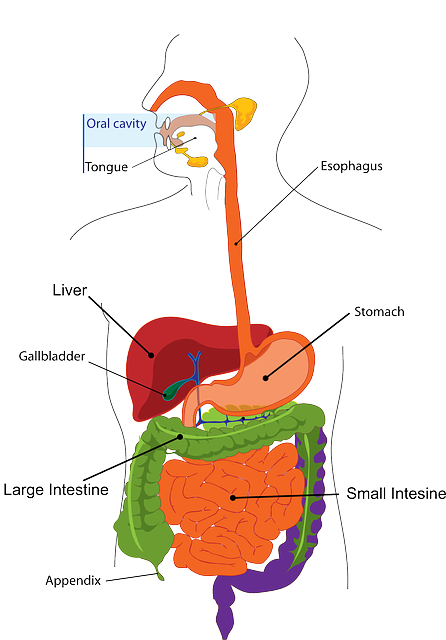Skipping meals could lead to some health problems. Check out the article we found over at Healthy and Natural World.
We are all sometimes tempted by what we perceive to be a shortcut, only to realize we in fact took a detour. In their attempts to lose weight quickly, many people turn to fasting. But skipping meals is no time saver. When done a few times, it doesn’t present a big problem. However, when it becomes a habit or a part of a dieting strategy, it can have long-term effects on the body and even contribute to the development of some chronic conditions.
Moreover, by skipping meals, you don’t get any closer to developing a healthy-looking body. In fact, doing it might make it even harder for you to get rid of the extra weight.
Skipping Meals Causes Blood Sugar Rollercoaster
When you skip a meal, you don’t supply your body with the fuel it runs on. Consequently, your blood sugar levels drop and the body experiences a shortage of energy. Glucose (sugar) is something that all our organs need for normal functioning and it is very important for optimal brain activity. Within four to six hours of your last food intake
- The brain starts experiencing fuel shortage.
- You become tired, sluggish, moody and irritable.
- Your cognitive functions are affected, and you might have difficulty with attention, memory, concentration and general mental performance.
When your sugar levels drastically fluctuate between highs and lows, your dieting efforts get seriously compromised. Also, insulin – the hormone that regulates glucose levels – gets disturbed. There is a chance that you are contributing to the development of diabetes later in life.
Skipping Meals Changes Your Metabolism
When you skip meals, this slows the metabolism down. It gives it nothing to do. Next time you provide it with food to break down, it finds it harder to kick in. As a result, the food transforms into fat more readily and gets deposited in all the places you don’t want it to be.
When your body enters into starvation mode, it looks for new sources of energy. Your metabolism starts transforming fat into energy. This might sound like a good plan, but can have health consequences that include:
- nausea
- constipation
- fatigue
- kidney stress
- low blood pressure
The Conclusion
Proper nutrition is paramount to your health and can help improve and prevent numerous conditions, including cardiovascular disease, cancer and stroke.
There are no shortcuts, and in the long run, skipping meals will only harm you. It’s much better to design a sustainable eating and exercising plan and make it a part of your daily life.
Next Article: Are You Eating This Substance That Destroys Your Metabolism
Read full article: This Is What Happens To Your Body When You Skip Meals







Patti Summers
Mar 14. 2016
You are what you eat!
Darlene Garcia
Mar 15. 2016
Marlene Alcala
Nikaila Grayson
Mar 15. 2016
poor people can think twice all they want. When they cannot afford food, meals will be skipped. Fasting clears the head. The only difference between starving and fasting is your attitude and access to clean drinking water.
Nikaila Grayson
Mar 15. 2016
Those living in poverty can think twice all they want. When they cannot afford food, meals will be skipped. Fasting clears the head. The only difference between starving and fasting is your attitude and access to clean drinking water.
Debra Campbell Shular
Mar 15. 2016
Intermittent fasting is good for the body.
Patricia Fleming
Mar 15. 2016
Dawn Marie Martin